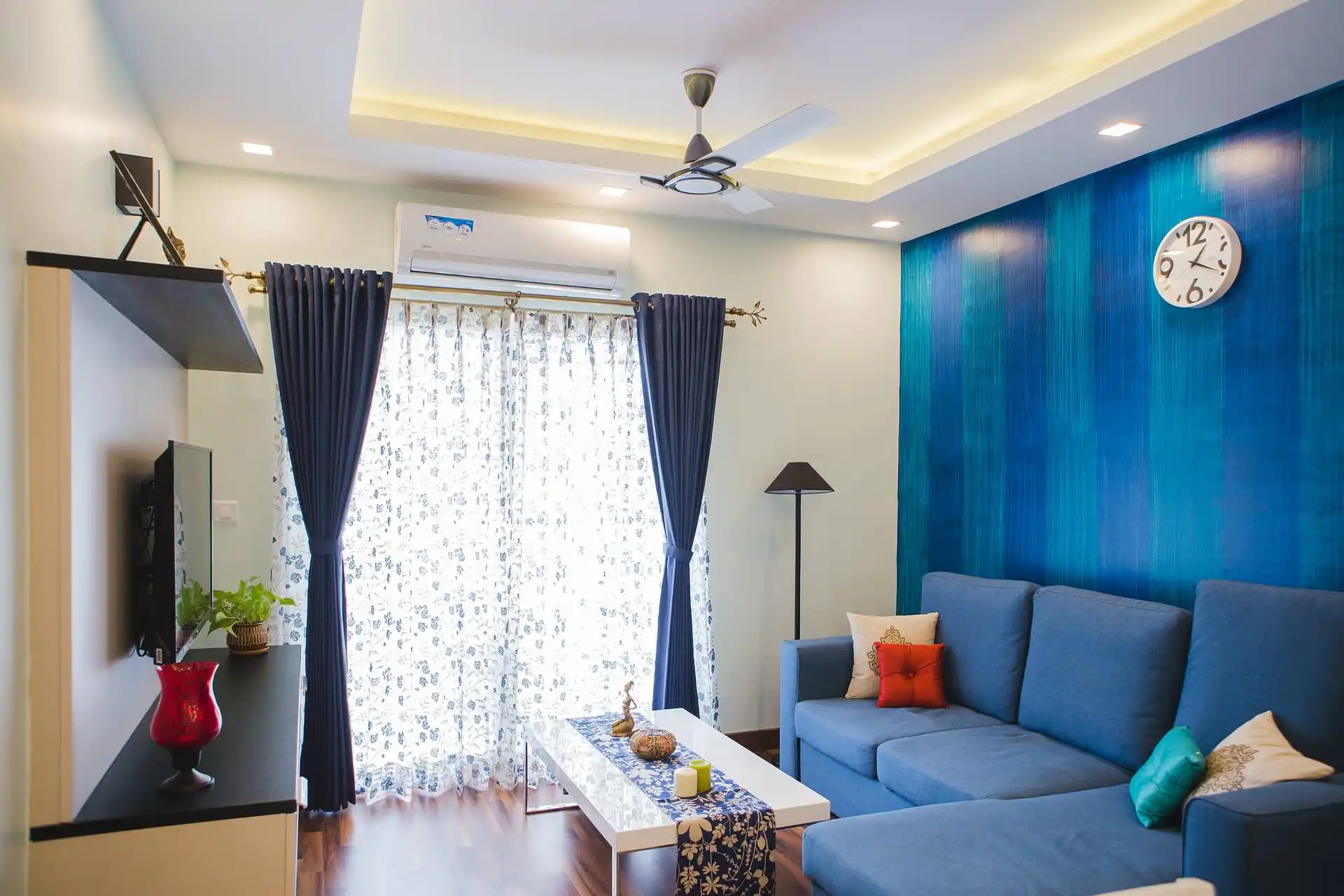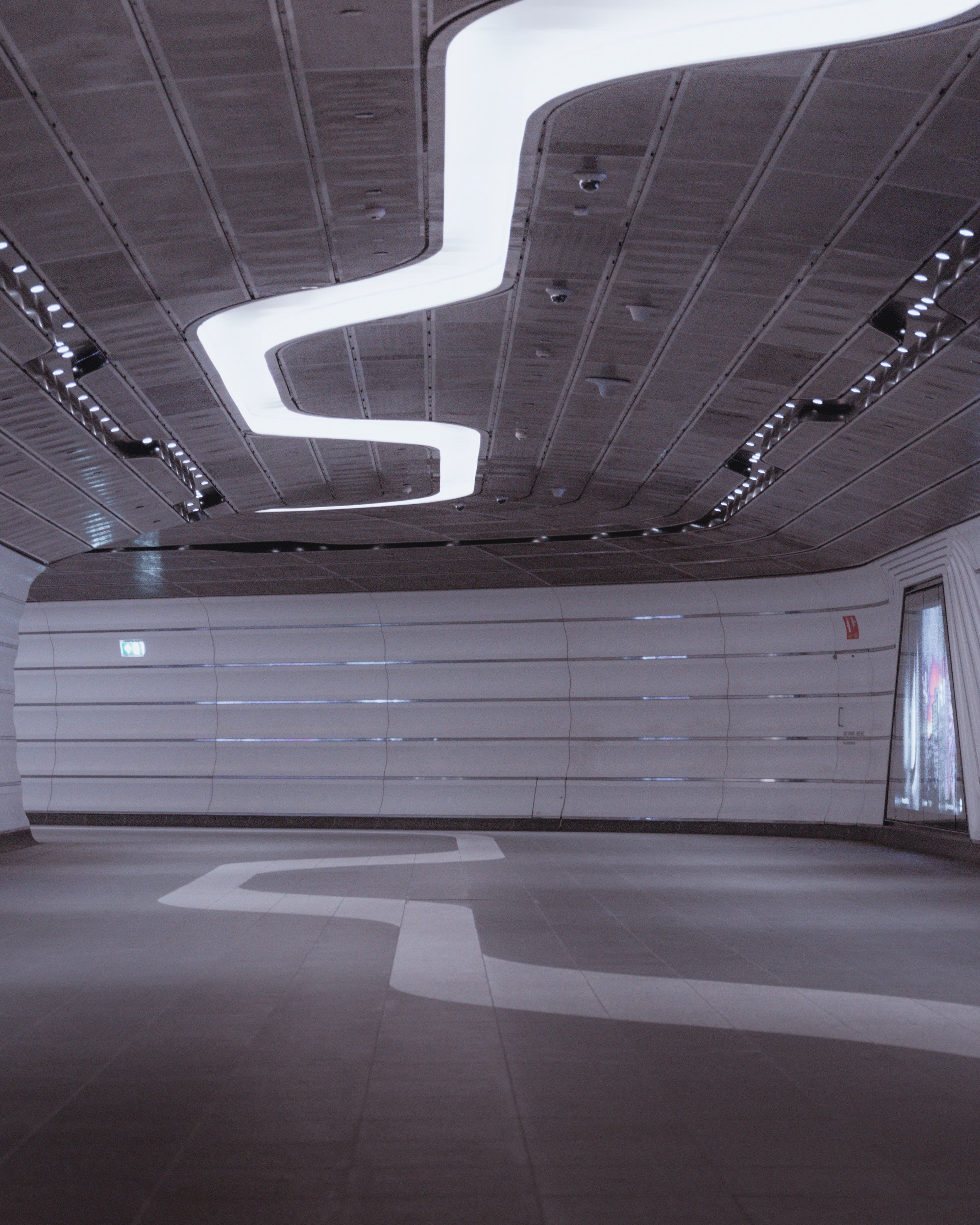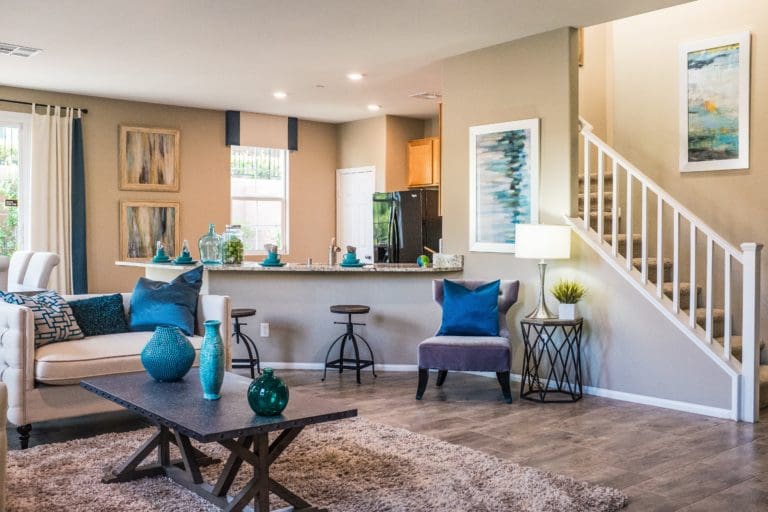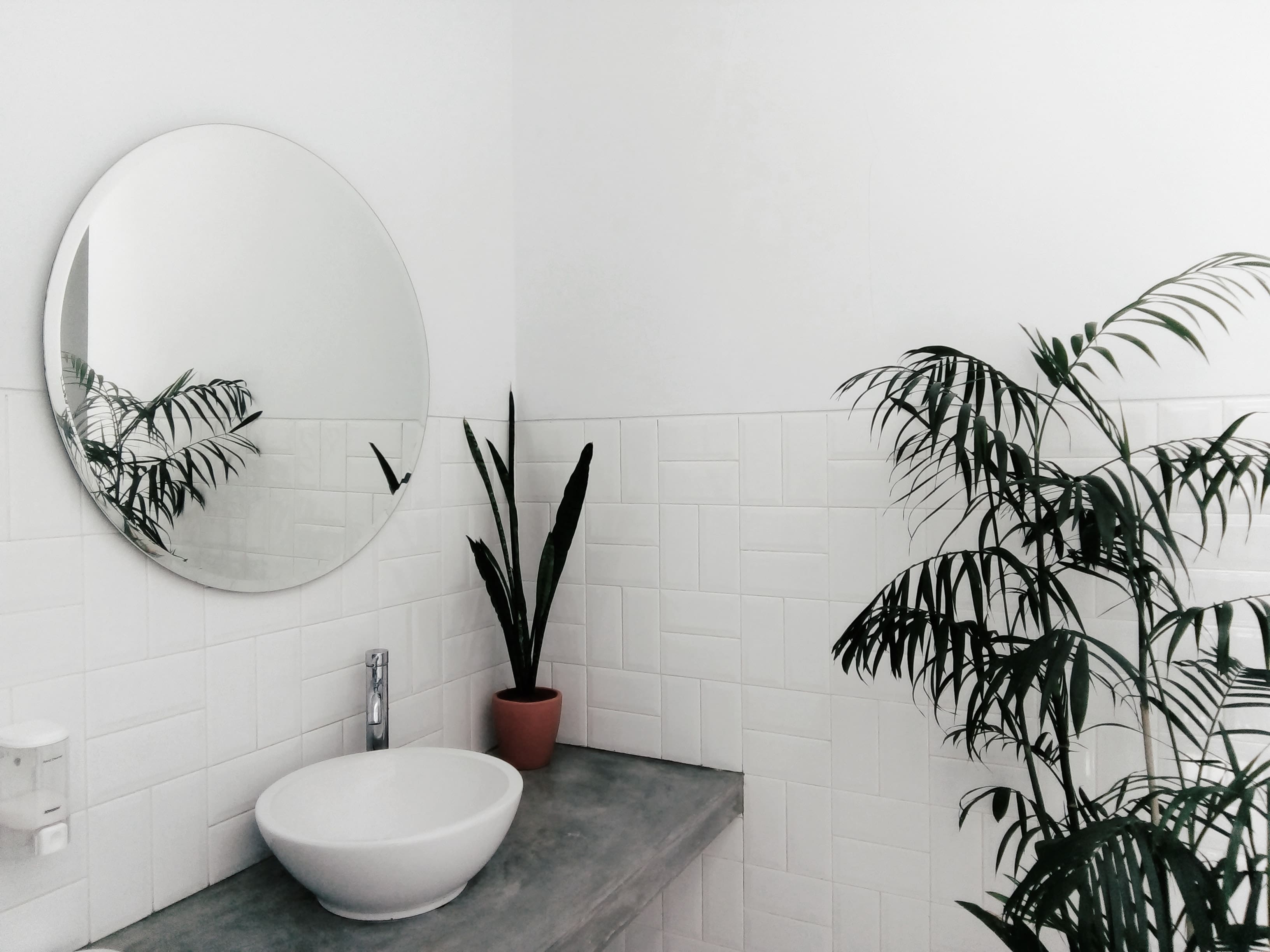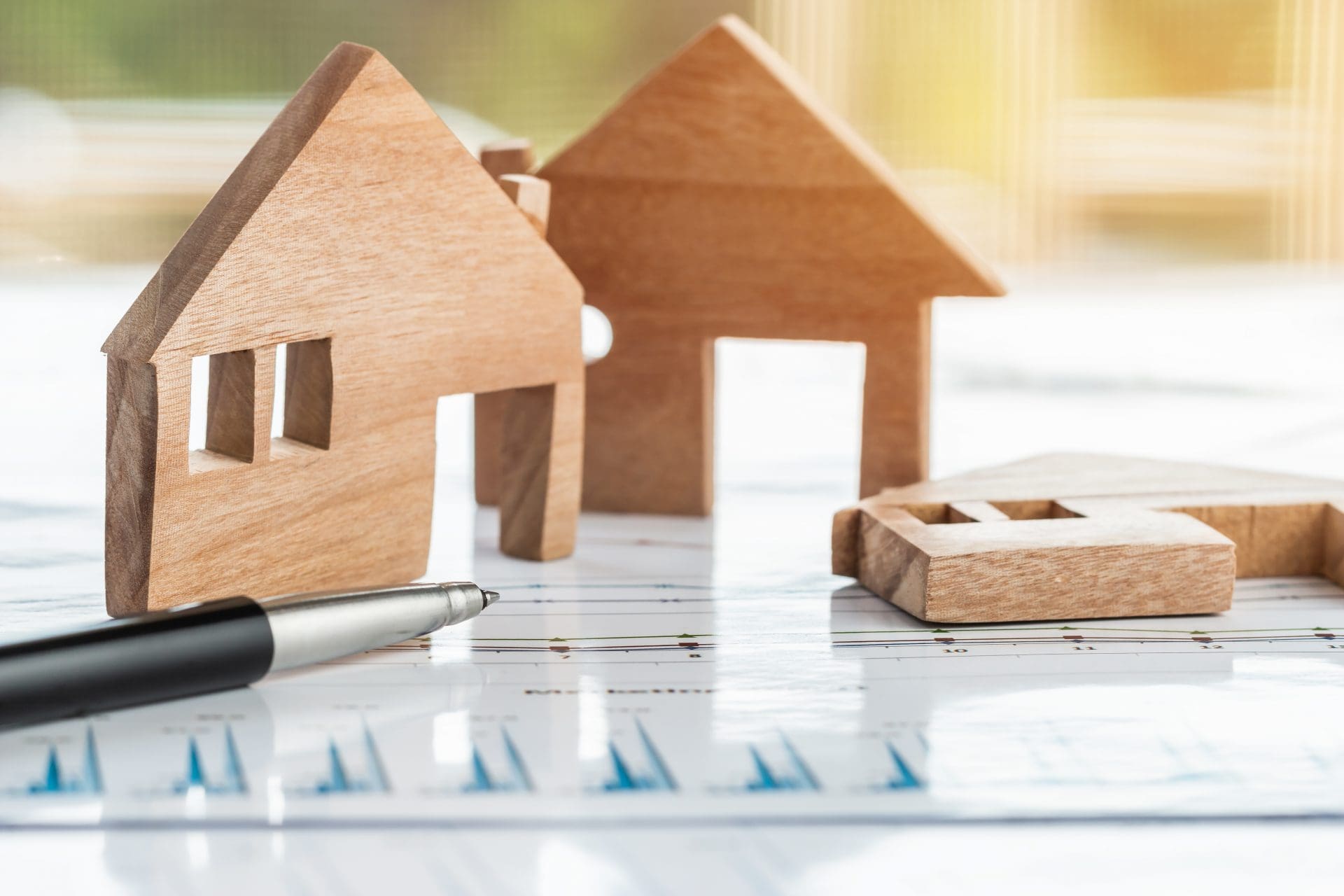Choosing a suitable interior designer can be a real challenge. Though there are many options at your disposal, not every designer will be equipped to meet your individual requirements.
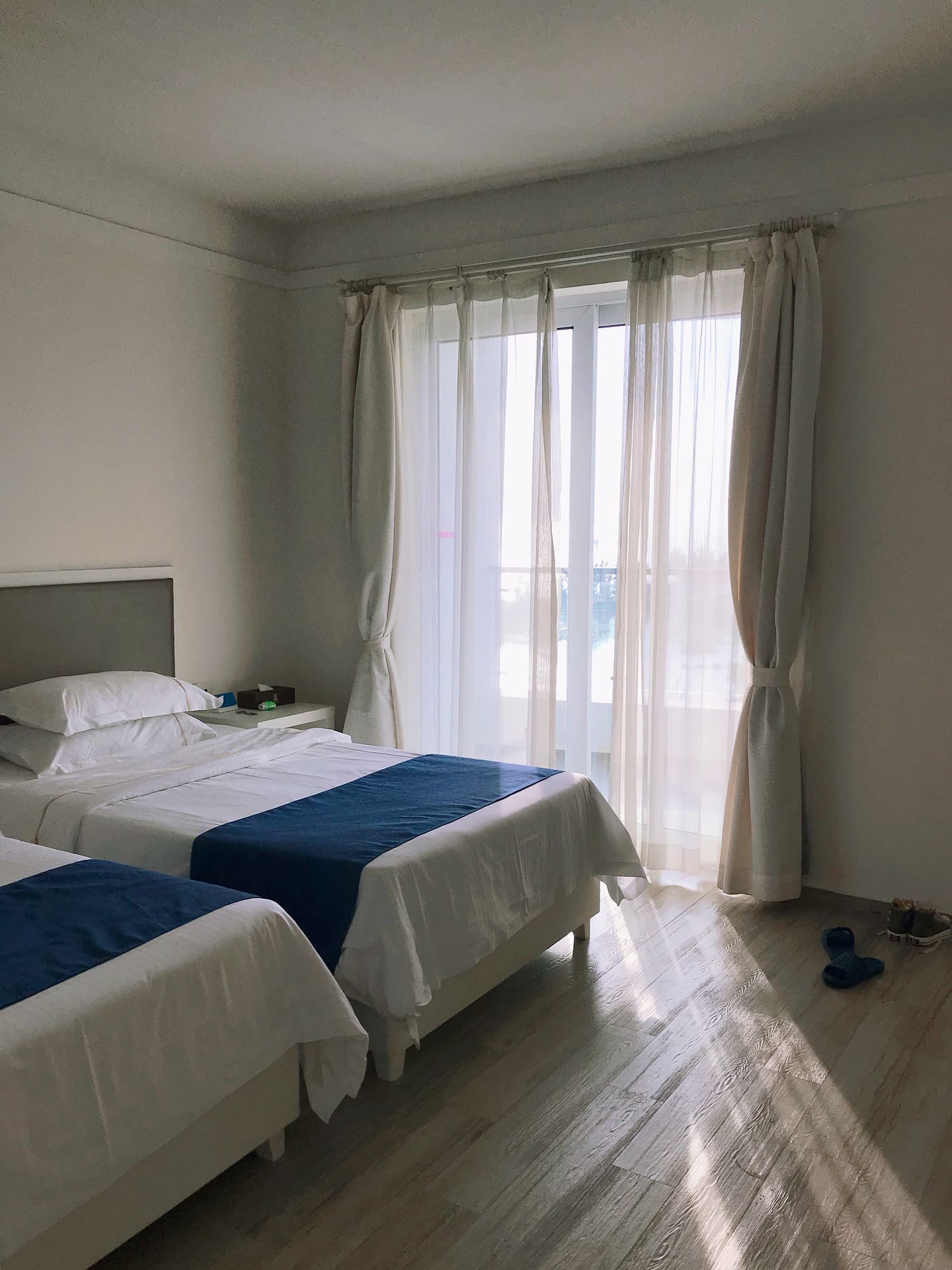
Fortunately, companies like Hibou Design are on hand to fulfill bespoke needs, leveraging years of residential interior design and decorating experience to deliver a high-quality service.
Selecting an interior designer is significant because they’ll be responsible for remodeling elements of your home, if not the entire thing!
But how exactly should you go about choosing the right interior designer?
Creating a collaborative environment goes a long way, so without any further ado, here are some critical factors when deciding on the right designer:
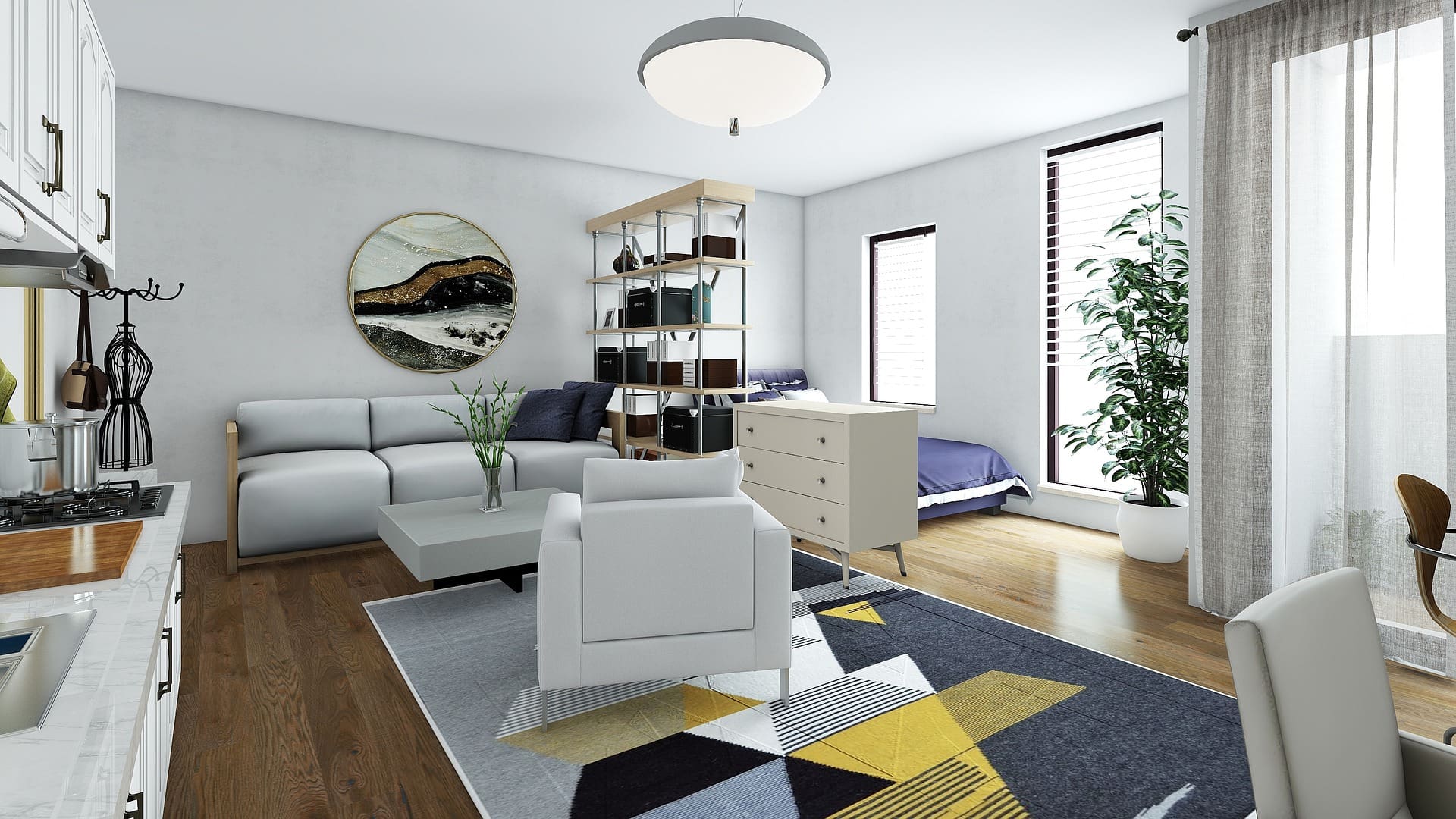
Personality
The most important consideration is choosing someone you’re compatible with. You’ll need to communicate your vision with a designer, meaning it’s essential to get along to the extent you that you feel comfortable opening up with them.
Being open and honest with one another is critical if you’re to reach any common ground.
When you first meet with a designer, you should get the impression that they value and respect your decisions, because it is your home they’ll be responsible for renovating!
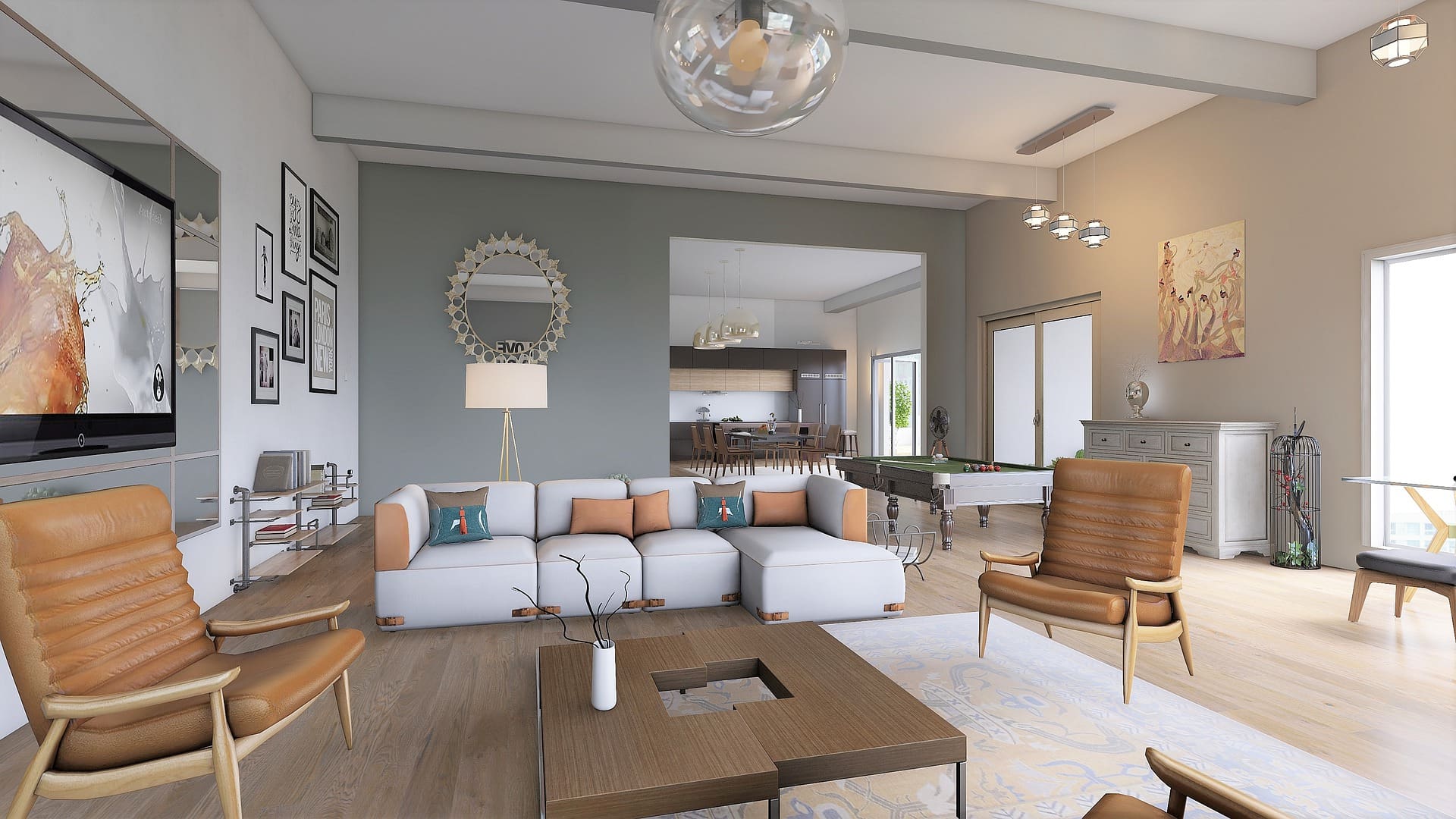
If you manage to strike up a rapport with a designer, you’ll be halfway there. A mutual understanding will create an ambiance conducive to productivity and fulfilling your ambitions.
Portfolio
Deciding on the right designer involves assessing their body of work. A reputable designer will have real-life examples to reference, which you can use to evaluate the potential for collaboration.
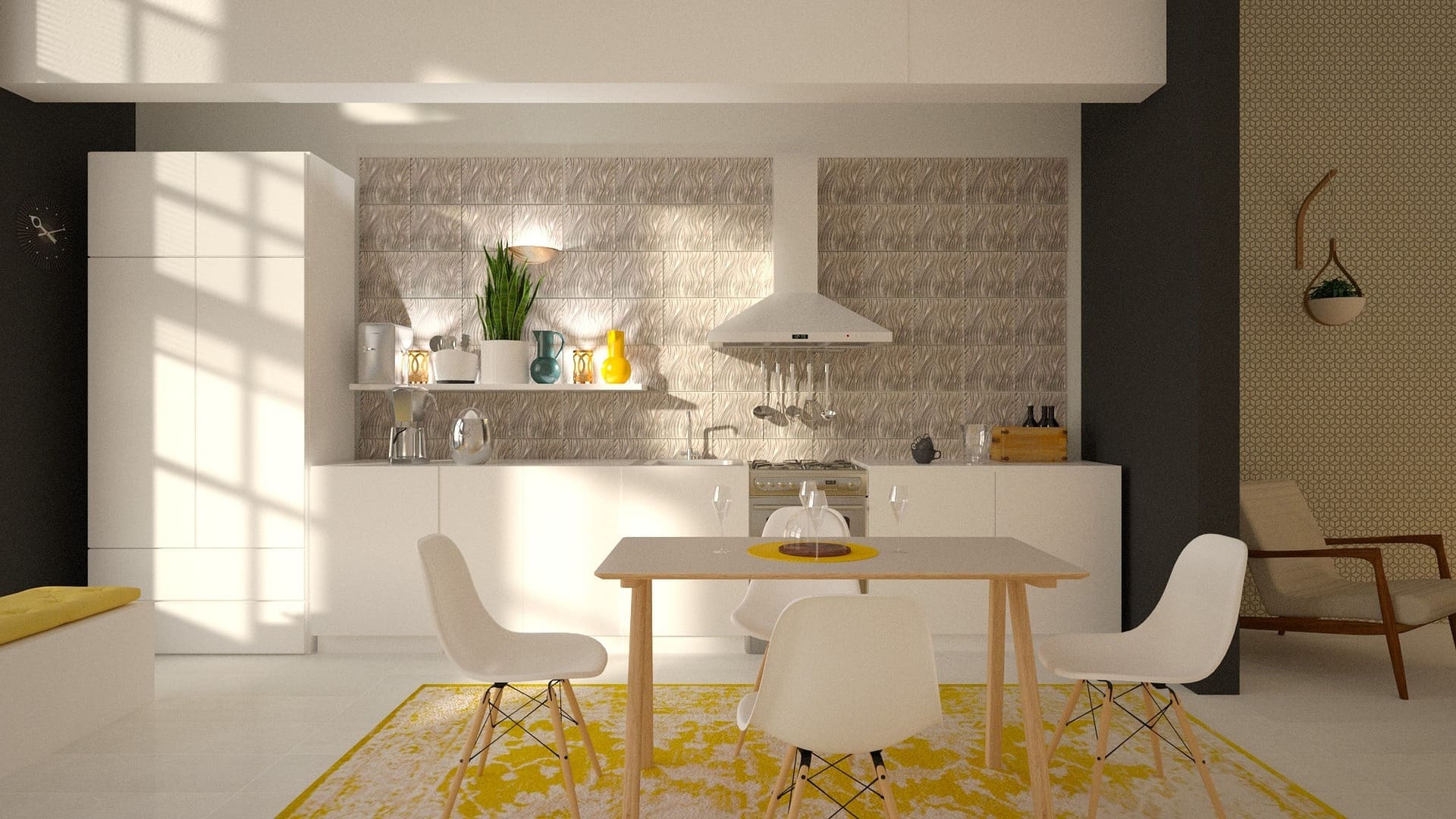
A lot can be said for what a designer has achieved in the real world. Talk is cheap, but tangible achievements can be used to accurately determine whether a designer has the skills to meet your requirements.
Occasionally you’ll have the opportunity to go and visit a property for a first-hand overview of their design work. When this isn’t a possibility, you can use photographs instead. Good designers will have a portfolio of their best work, a portfolio which is used to instill confidence in consumers.
If the opportunity presents itself, you should capitalize on the chance to visit a property, especially one that’s in the process of being renovated by your prospective designer.
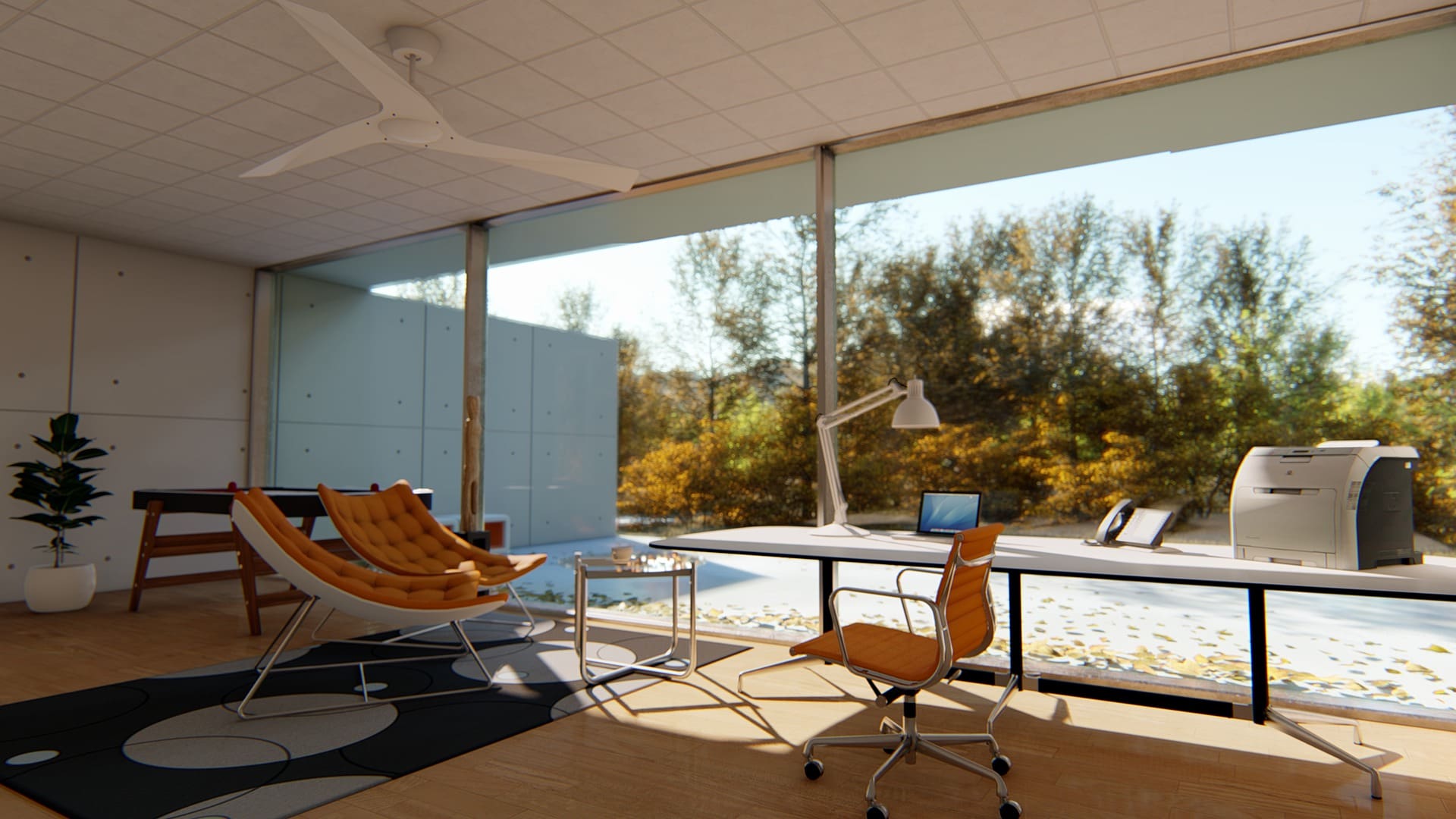
In today’s business climate everything is measured on tangible achievements, which includes online feedback.
Customer Feedback
The experience of previous customers means everything when you’re working with an interior designer.
If there are documented positive reviews, you can put your faith in the designer you feel most comfortable with.
Most interior designers will have online testimonials, whether on independent review sites or their own website. These experiences can be used to gauge their trustworthiness, alongside determining whether they have the expertise to execute your vision.
Affordability
Arguably the most critical consideration of all, the cost is a hugely influential factor when selecting an interior designer. As a consumer, you’re limited by financial restraints unless, of course, you have an unlimited budget.
Let’s assume you have a budget, in which case the all-important question is ‘how much do you charge?’. The answer to this is unlikely to be straightforward, but you’ll certainly gain some clarity on the situation from a rough estimate.
Hourly rates are the most widely accepted means of payment. However, you should also get a rough estimate of how long the job is likely to take. From there, you can calculate whether or not the designer is working within your financial limits.
Ultimately the power lies with the consumer. From the outset, you should make your terms and conditions clear, before using the information supplied to make a well-informed decision.
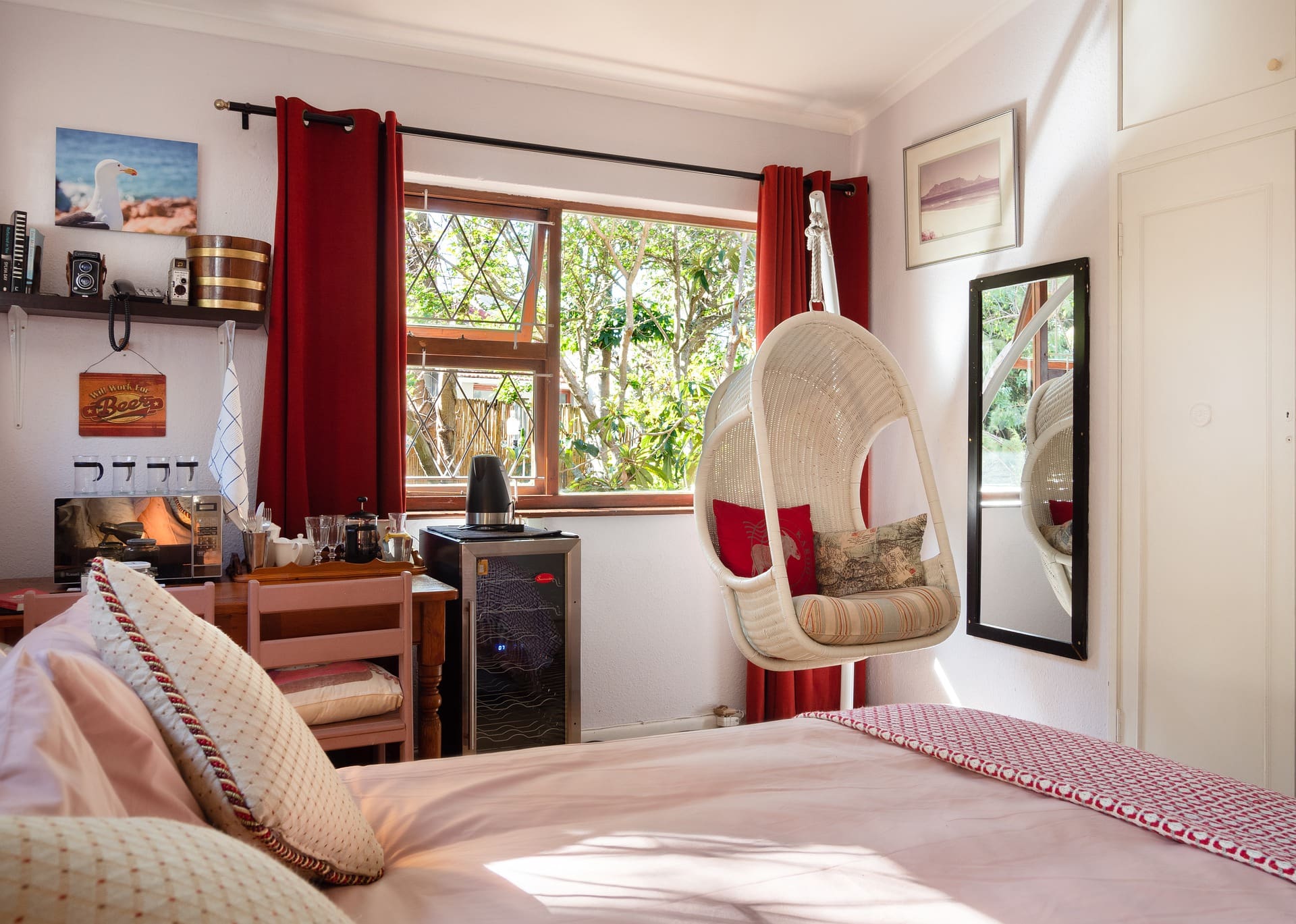
Are They Taking Notes?
When you ask a designer to come and look at your property, they should first show a willingness to visit.
Once they’ve arrived and begun scanning the area they’ll be responsible for, you can work out whether they’re paying close attention to your abode. A forward-thinking designer will take notes, paying close attention to how they’ll go about helping you transform a space.
An interior designer who takes notes will be proving their commitment to the task at hand. This is a clear cut sign of reliability, particularly how you can trust their willingness to meet you on your terms.
You should be reassured by a designer who takes note of things like acoustic levels, wooden floors, access to areas, and ultimately the amount of time it will take to complete the job at hand.

